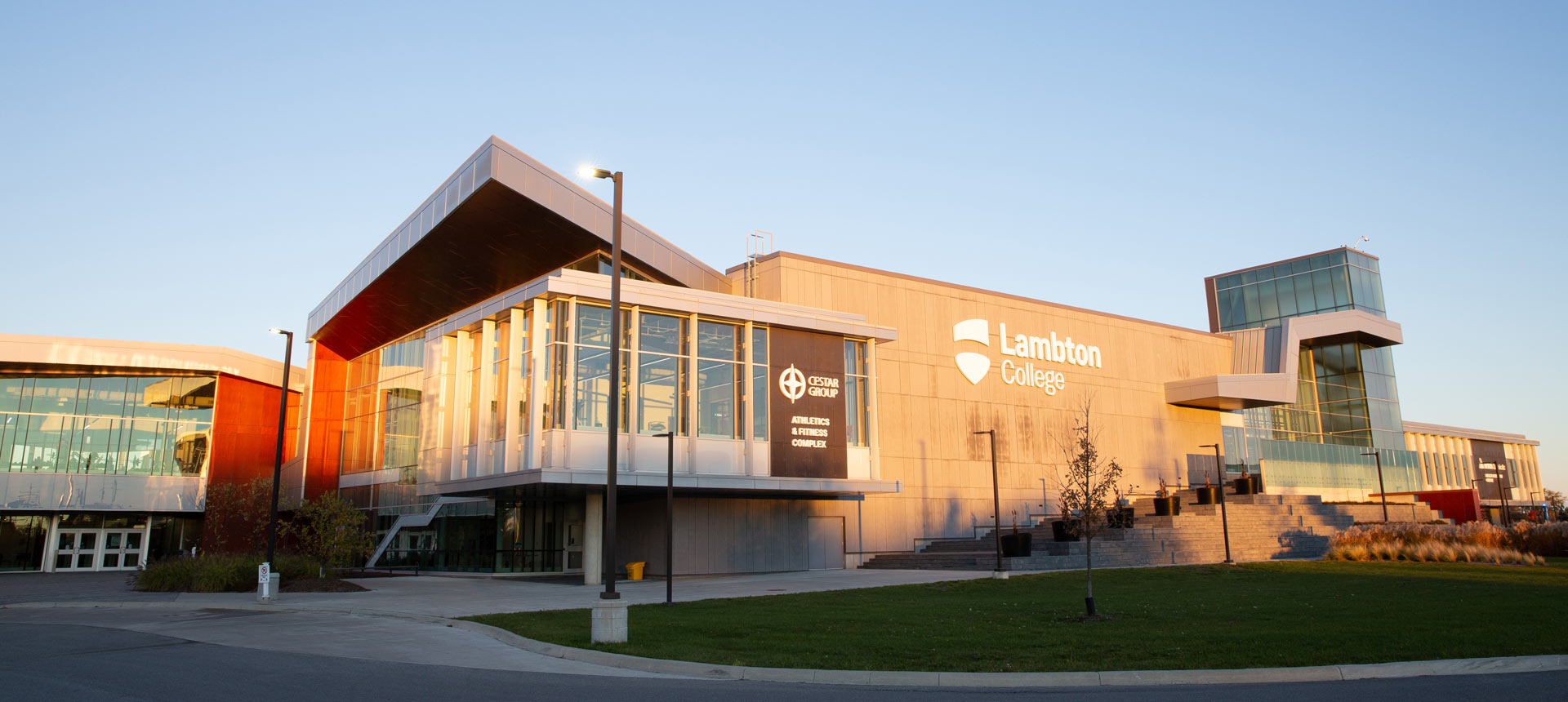2000-1-14 Academic Freedom - Rights & Responsibilities
Upon request, the college will provide a copy of this policy in an alternate format.
Lambton College serves the common good of its community and society through scholarship - the pursuit, creation, application and dissemination of knowledge. Scholarship is supported and encouraged through the provision and guarantee of academic freedom for teachers, researchers and students.
Academic freedom includes the freedom, without restriction by prescribed doctrine or threat of institutional censorship, to teach and discuss; carry out research and disseminate and publish the results thereof; express one's opinion; acquire, preserve, and provide access to documentary material in all formats; participate in professional and representative academic bodies. [1] In short, "it is the right to teach, learn, study and publish free of orthodoxy or threat of reprisal and discrimination."[2]
Academic freedom must be based on reasoned discourse, rigorous extensive research and scholarship, and peer review. Evidence and truth must be the guiding principles. Academic freedom is constrained by the professional standards of the relevant discipline and the responsibility of the institution to organize its academic mission. [3]
The constraint of institutional requirements recognizes that the academic mission, like other work, has to be organized according to institutional needs. This includes the institution's responsibility to select and appoint faculty and staff, to admit and discipline students, to establish and control curriculum, to make organizational arrangements for the conduct of academic work, to certify completion of a program and to grant degrees.[4]
Faculty must be committed to the highest ethical standards in their teaching and research. They must be free to examine data, question assumptions and be guided by evidence. Faculty have an equal responsibility to submit their knowledge and claims to rigorous and public review by peers who are experts in the subject matter under consideration and to ground their arguments in the best available evidence.[5]
Policy
- Scholarship is integral and essential to Lambton College. Faculty members and researchers are encouraged to engage in the full spectrum of scholarship activities. Within its means, Lambton College will seek to provide the opportunities, infrastructure and academic freedom necessary to support and encourage a high level of scholarship.
- Academic freedom is the right of a faculty member, researcher or student to engage openly and freely in scholarship activities free of orthodoxy and the fear or threat of reprisal, including impairment of position. Academic freedom does not require neutrality on the part of the individual. The reason for academic freedom is to make reasoned, rigorous and ethical scholarship - with its discourse and critique - possible without repression or fear of reprisal by other individuals, the institution or government.
- Academic freedom for the individual within the College implies protection of the individual by the College from pressures intended to censor or restrict the individual from pursuing scholarly and research interests and communicating the results to students, colleagues and the community-at-large. Individuals within Lambton College are entitled to freedom in scholarly activities, including research and inquiry and the dissemination of the results, within the constraints or limitations identified by this policy.
- Academic freedom is not an unrestricted absolute. It is predicated on reasoned, rigorous and ethical scholarship that is guided by evidence and truth, and constrained by the institution's requirements to fulfill its mandate and mission, and by its
responsibilities to students and community. Those requirements and responsibilities include compliance with federal and provincial government legislation and directives, and the determination and fulfillment of program learning outcomes.
The freedom to publish or otherwise disseminate research findings may also be constrained or limited by research contracts to which the college faculty and researchers or College are parties. - Research and scholarship are to be conducted ethically and in ways that fully respect human rights as defined in law and the dignity of individuals, and are appropriate to and consistent with the researcher's or scholar's College appointment.
- College faculty and researchers are members of an educational institution whose special position in the community brings with it unique expectations and obligations. Employees and students must therefore be cognizant of their position - real or implied or inferred - as institutional representatives. When such persons exercise their entitlement under academic freedom or their rights as citizens, they should be free from institutional censorship or discipline. Nonetheless, these individuals must recognize that not only they but also their profession and institution will be judged by their statements, publications and public pronouncements. Hence, faculty, researchers and students must be accurate and truthful, and exercise appropriate respect for others and their opinions. They shall also clearly indicate whether they are expressing personal or institutional opinions or positions.
- Academic freedom does not confer legal immunity from either criminal prosecution or civil action, whether from a claim for damages by a third-party or the seeking of indemnification and recovery by the College. Nor does academic freedom protect from or prevent peer evaluation conducted or approved by the College or other academic, research or professional body. All members of the Lambton College community who are engaged in scholarly activity by virtue of their position within Lambton College are governed by this policy, are individually accountable for compliance with this policy and may face disciplinary action for breach of this policy.
[2] Canadian Association of University Teachers - Academic Freedom
[3] Universities Canada - Statement on Academic Freedom
[4] Ibid
[5] Ibid
For questions or concerns regarding this policy, please contact the Policy Sponsor by phoning our main line 519-542-7751.

